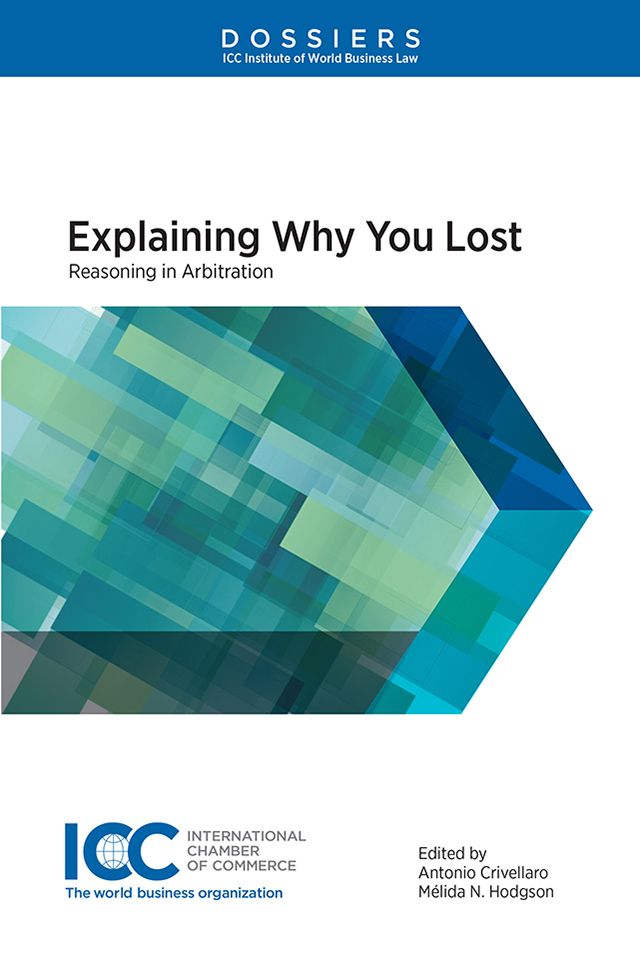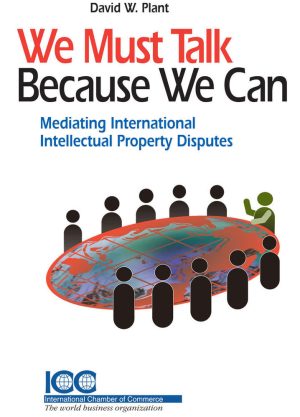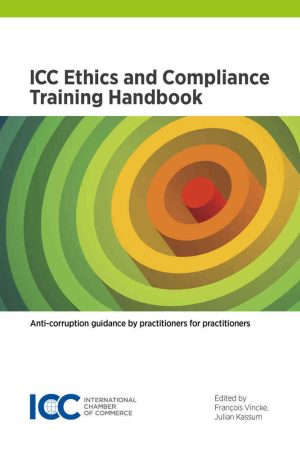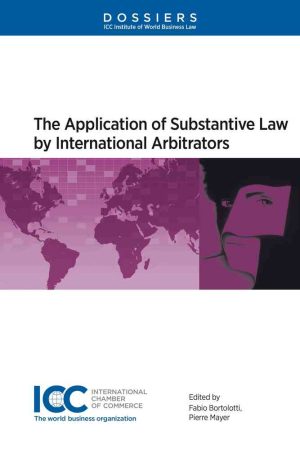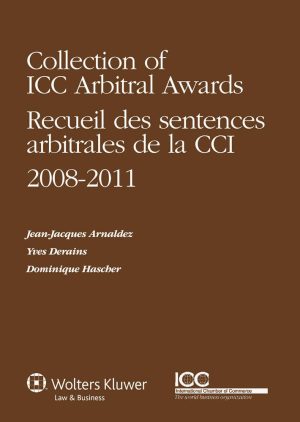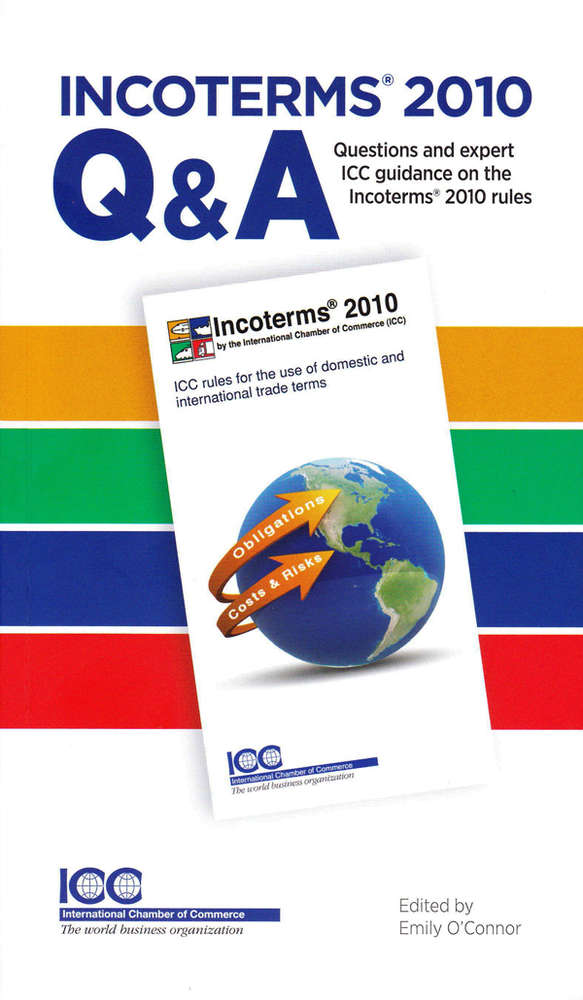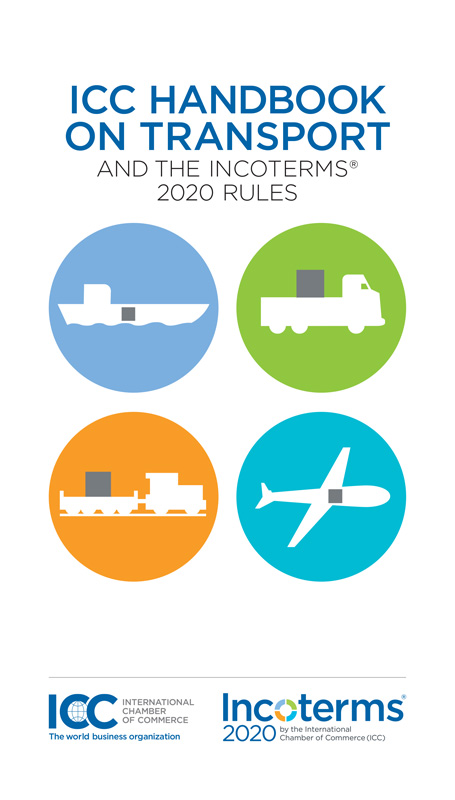Descrizione
International arbitrators enjoy a considerable freedom in the conduct of the proceedings and in the decisions they make on the merits of the case.
Subject to few exceptions, their decisions are final. Although absence of jurisdiction, lack of independence or impartiality, breach of due process, excess of power and violation of international public policy may lead to the setting aside of an award, it is rarely the case of wrong decisions on the merits. These are very few juridictions where a superficial assessment of the facts or a misinterpretation of the contract are grounds for setting aside an award. The same applies to an inaccurate application of the law, with the exceptions of some common law countries, such England and the United States.
The discussions on this subject were held during the 39th Annual Conference of the ICC Institute on 17 December 2019. The program was prepared by two experienced members of the Institute Council, Antonio Crivellaro and Mélida N. Hodgson, who were able, with the support of contributors with huge expertise in their respective fields, to cover the various aspects of this fascinating subject and to provide practitioners and scholars with several new paths for reflection.
Introduction How Well Reasoned Must an Award Be to Satisfy Non-waivable Legitimacy Requirements? by Antonio Crivellaro… 9
- Introductive propositions… 9
- The checklist for establishing whether the award is well-reasoned… 12
- Some conclusive remarks… 13
3.1 In the search for an adequacy standard… 13
3.2 Avoiding arbitrariness… 13
3.3 The educative function of the reasoning—contribution to improving the law …14
Chapter 1 Reasoning in Arbitration by Charles Jarrosson… 16
I. Introduction …16
II. Should an arbitrator state his reasons? …17
III. What does stating reasons actually mean? …18
IV. Why should an arbitrator state his reasons? 19
V. What is the appropriate standard of review in relation to the duty to state reasons… 21
VI. Conclusion …23
Chapter 2 Judicial Review and Reasoning of Arbitral Awards by Mohamed Salah Abdel Wahab… 25
I. Introduction: Deconstructing Reasoning of Arbitral Awards 25
II. Reasoning: A Fundamental Requisite of Arbitral Awards in African and Arab Laws?… 26
II.A. The UNCITRAL Model Law and Certain African-Arab Jurisdictions …26
II.B. The OHADA Uniform Arbitration Act Approach …27
III. The Reasoning of Arbitral Awards: Scope, Characteristics, Categories and Limits—The Checks and Balances… 28
III.A. Scope and Characteristics of Reasoning …28
III.B. Categories of Reasoning of Arbitral Awards …30
III.C. The Limits of Reasoning of Arbitral Awards …30
IV. Judicial Review of Arbitral Awards in Africa and the Arab World: The Reasoning Challenge and Challenged Reasoning… 32
V. Conclusion: Reconstructing Reasoning of Awards—Present Prospects and Future Trends… 35
Chapter 3 Legal Reasoning in International Commercial Disputes by S.I Strong… 41
Abstract… 41
I. Introduction …41
II. Reasoned Rulings: Definitions, Distinctions and Motivations …43
II.A. Theoretical Considerations …43
II.B. Empirical Findings …48
III. Use of Legal Authorities in Substantive and Procedural Disputes …50
III.A. Theoretical Considerations …50
III.B. Empirical Findings …50
IV. Continuing Professional Education on Legal Reasoning …53
IV.A. Theoretical Considerations …53
IV.B. Empirical Findings …53
V. Conclusion …55
Chapter 4 Show, Don’t Tell: Creative Writing for Arbitrators by Anja Ipp… 67
I. Introduction …67
II. Background …68
III. The Parallels Between Storytelling and Award Writing …69
IV. Principles of Creative Writing Applied to Arbitration …70
IV.A. Think About the Reader …70
IV.B. Structure: The Three Acts …71
IV.C. Show, Don’t Tell …74
V. Conclusion …75
Chapter 5 Reasons in International Commercial and Investment Arbitration Awards by Luca G. Radicati di Brozolo … 77
I. Introduction …77
II. The preliminary parts of the award …79
III. The Reasoning …80
IV. Conclusion …83
Chapter 6 Reasoning in Arbitral Awards: Why? How? by Teresa Giovannini B. … 85
I. Introduction …85
II. Reasoning in Arbitration: Why? …86
II.A. As Source of Legitimacy of the Decision …86
II.B. Reasoning as evidence of comprehension …86
II.C. Reasoning as Evidence of the Abeyance to the Parties Fundamental Right to Due Process ..87
II.D. Reasoning as a Tool Necessary for Court Scrutiny …87
III. Reasoning in Arbitration: How? …88
IV. Control and Sanction of the Tribunal’s Reasoning …88
IV.A. Introduction …88
IV.B. The Requirement of Reasons …89
IV.C. The Control …89
V. Conclusion …90
Chapter 7 Reasoning in Arbitration: What Do Users Want or Need? by Giuditta Cordero-Moss … 93
I. Introduction …93
II. Reasoning of the award and court control …94
III. Reasoning of the award and credibility of arbitration …97
IV. Reasoning and court control: jurisdiction …100
V. Reasoning and court control: public policy …101
VI. Reasoning and court control: excess of power …104
VII. Reasoning and court control: right to be heard …110
VIII. Reasoning and court control: due process …111
IX. Are the reasons of an award dispensable? …112
X. What standard should be met when stating the reasons of the award? …114
XI. Conclusion …117
Conclusion by Mélida N. Hodgson …123
Contributors About the Authors …125
Contributors About the Editors …130
Cases …132
ICC Dispute Resolution Publications …137
About the International Chamber of Commerce (ICC) …141

